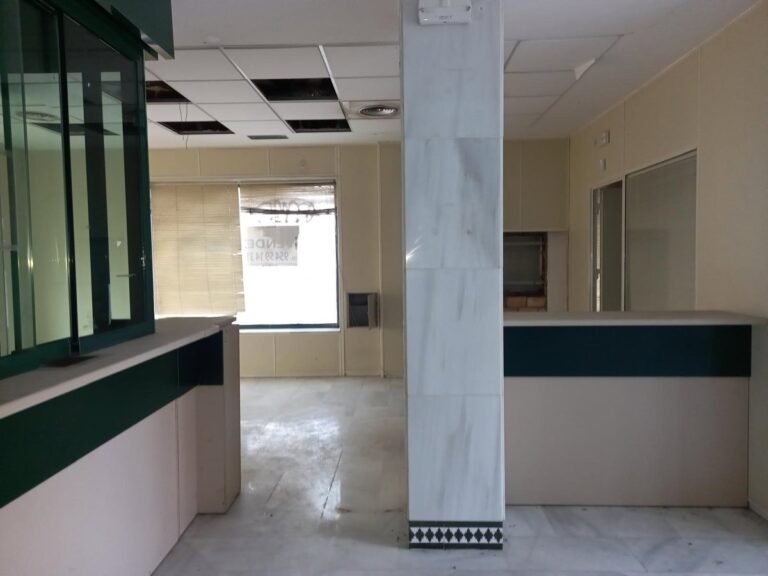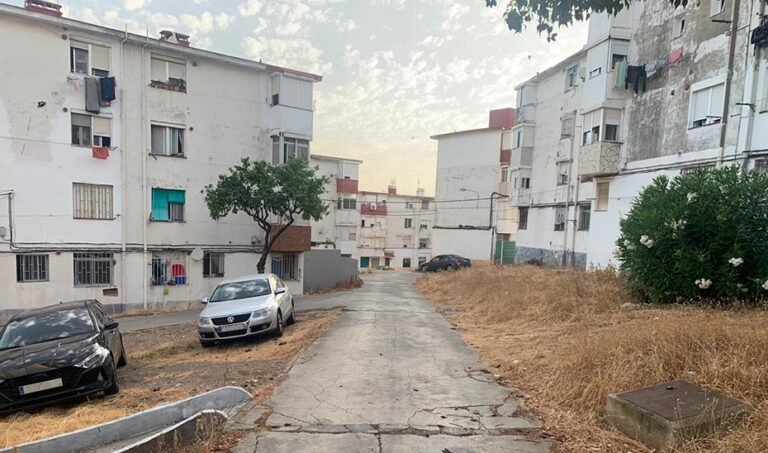
The Ministry of Health and Consumption has valued, coinciding with the World Sarcoma Day, the leadership role that Andalusia plays in addressing this rare but particularly complex disease. The Virgen del Rocío University Hospital has included the one thousandth patient in a national clinical trial coordinated by its Pathological Anatomy Unit, in collaboration with the Institute of Biomedicine in Seville (IBiS), with the aim of improving diagnostic precision and implementing personalized medicine strategies that will lead to greater survival and quality of life.
The study, funded by the Spanish Association Against Cancer with over 1.3 million euros, aims to demonstrate that centralizing the diagnosis of sarcomas—aggressive and difficult-to-identify tumors due to their great heterogeneity—allows reducing diagnostic errors and optimizing treatment. To achieve this, protocols have been implemented that foresee expert review of samples sent by non-specialized centers to reference hospitals like the Virgen del Rocío, designated by the Ministry of Health as a CSUR (national reference center) for sarcomas in both adults and the pediatric population.
Soft tissue sarcomas affect more than 2,000 people each year in Spain, and require highly specialized clinical intervention. There are 74 different types, necessitating the involvement of multidisciplinary teams with specific expertise in pathology, radiology, surgery, medical oncology, and nuclear medicine, among other disciplines.
One of the major advances of the project is the application of personalized medicine through innovative techniques such as next-generation genetic sequencing and platforms that can predict the tumor’s response to different treatments, even growing tumor cells in the laboratory or in animal models. This approach, unprecedented in the field of sarcomas until now, will allow selecting the most effective treatment for each patient.
The study also includes a comparison between the results obtained with the conventional model and those derived from centralized diagnostic review. It is expected that this new strategy will significantly reduce errors, improve clinical outcomes, and contribute to more efficient and tailored care to the needs of each patient.
The Virgen del Rocío, which diagnoses and treats over 360 new sarcoma patients every year, including around 50 adults with bone sarcomas and 45 minors, has two national reference CSURs for these pathologies. This level of activity, combined with its research experience, makes it a key pillar for advancing knowledge and treatment of sarcomas in the National Health System.
From Health and Consumption, the commitment to promoting translational research, equity in access to innovative treatments, and continuous improvement in health outcomes is highlighted, also in addressing rare diseases like sarcoma. This strategy aligns with the personalized medicine and data governance master plans developed by the Ministry of Health and Consumption of the Andalusian Government.




